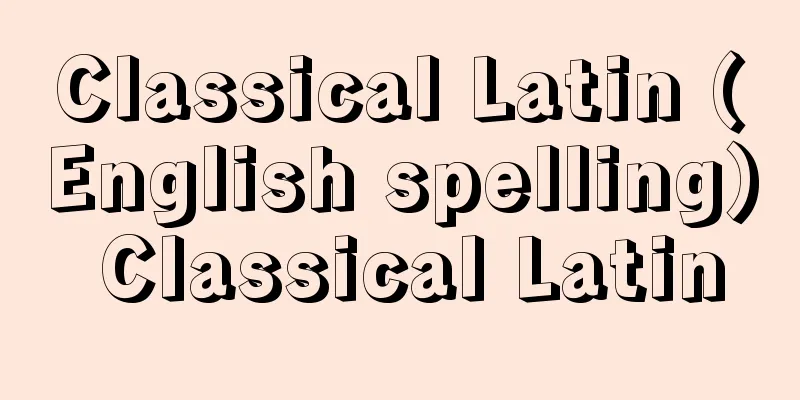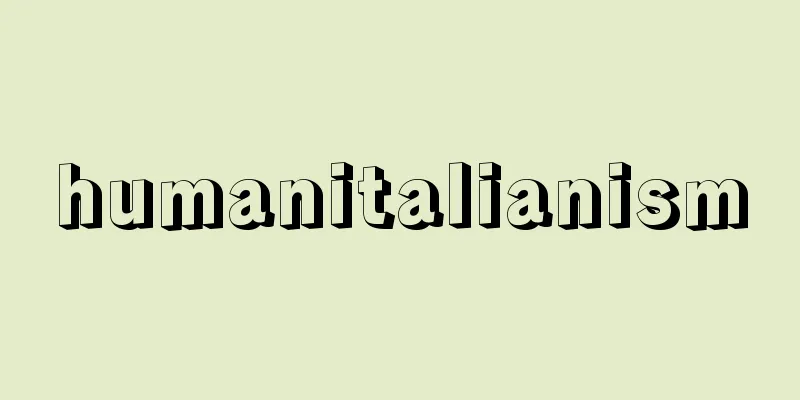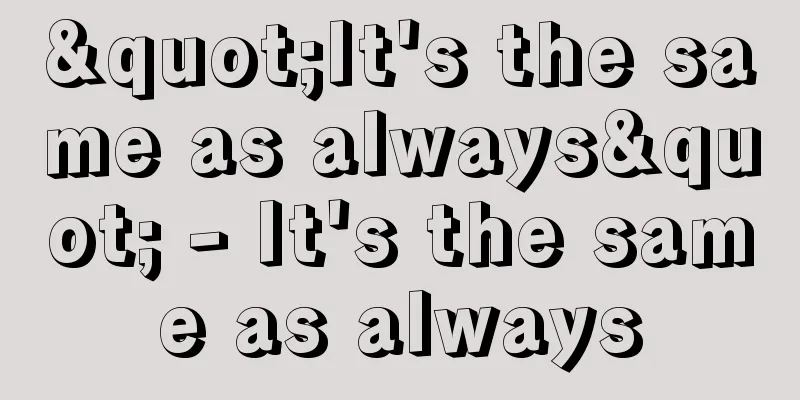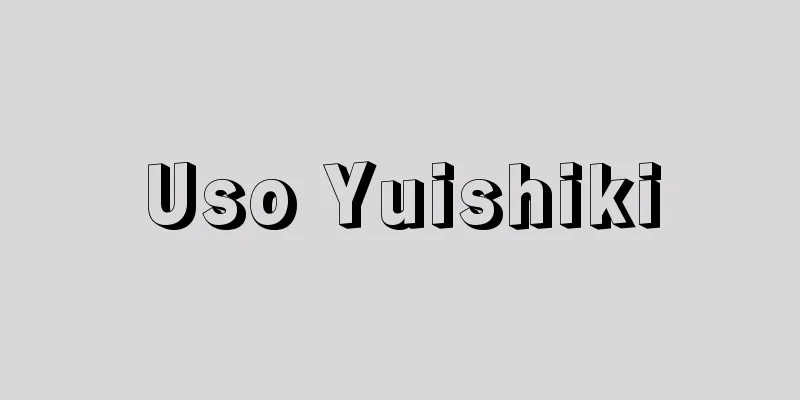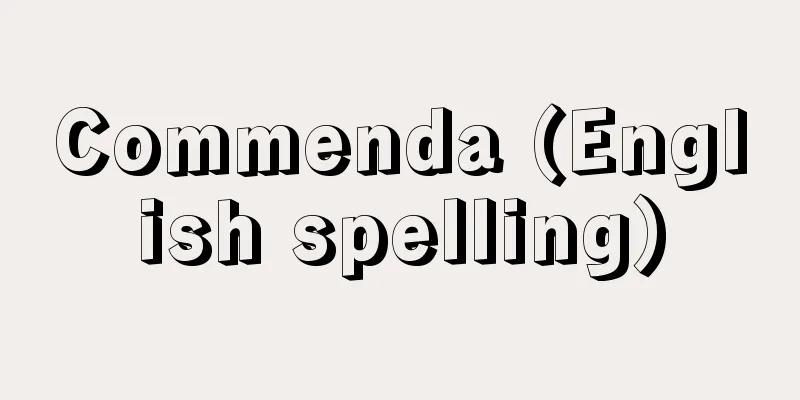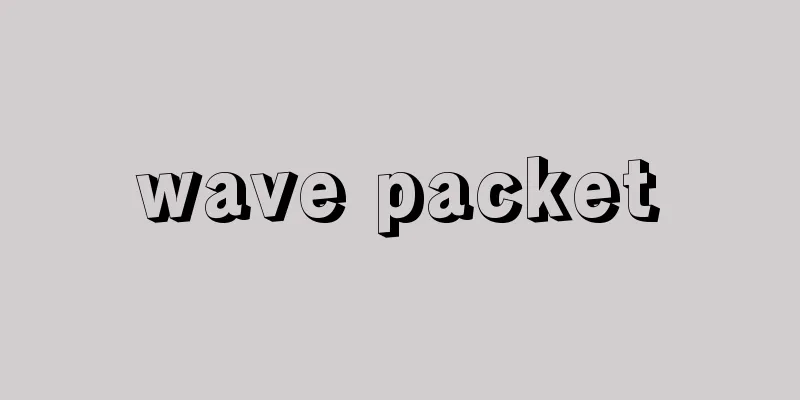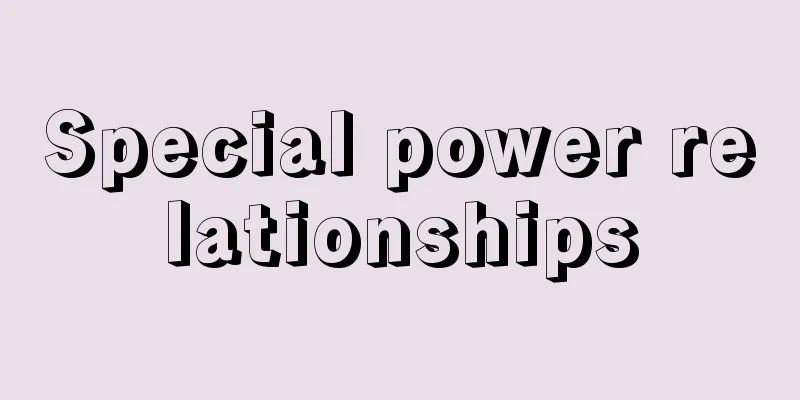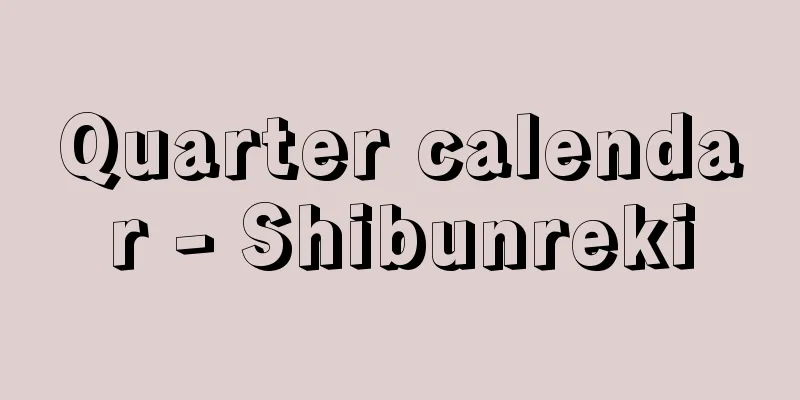Great Russian
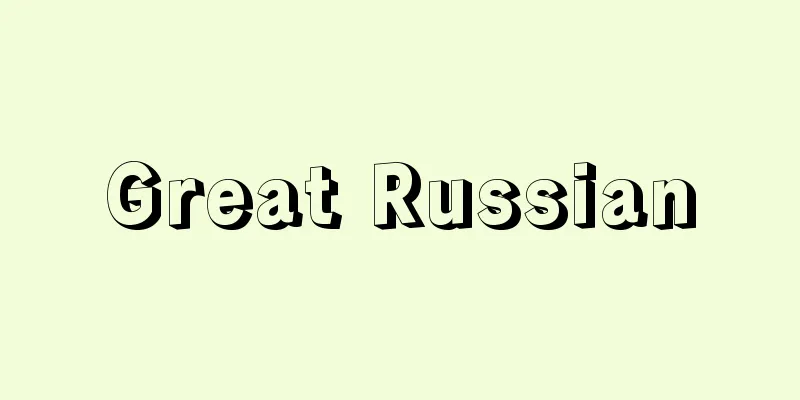
|
It has been used since the mid-19th century as a synonym for the modern "Russian." In other words, the three languages Russian, Ukrainian, and Belarusian (White Russian), which all share the same roots in Old Russian, were collectively referred to as Russian in the broad sense, and the narrow sense of Russian was called Great Russian to distinguish it from it. This is based on the custom since the late 17th century, when Ukraine was derogatorily called Little Russia. Currently, this term is only used as part of the terminology of dialectology. Russian [Junichi Sato] Source: Heibonsha World Encyclopedia, 2nd Edition Information |
|
現代の〈ロシア語〉と同義の呼称で19世紀中ごろから用いられた。すなわち,古ロシア語を共通の源とするロシア語,ウクライナ語,ベラルーシ語(白ロシア語)の三つをあわせて広義のロシア語とし,狭義のロシア語をこれと区別するため大ロシア語と称したが,これはウクライナを差別的に小ロシアと呼ぶ17世紀後半以来の習慣にもとづく。現在この呼称は方言学の術語の一部として用いられるにすぎない。ロシア語【佐藤 純一】
出典 株式会社平凡社世界大百科事典 第2版について 情報 |
Recommend
Gross profit - Uriage Ararieki
...It is the amount remaining after deducting the...
Indirect evidence - Indizienbeweis; circumstantial evidence
In criminal proceedings, circumstantial evidence i...
Anami Korechika - Anami Korechika
Army officer and Minister of the Army. Born in To...
"The Battle of Fujito" - Kaba no Kanja Fujito no Kassen
… [Toyotakeza era] In 1726, he collaborated with ...
Zinnia haageana (English spelling) Zinnia haageana
… [Eiichi Asayama]. … *Some of the terminology th...
Kushiera
… [Respiratory organs of invertebrates] Invertebr...
Linaceae
...Safflower flax, L. grandiflorum L., is native ...
Prince Tsunenaga
Born in 1322, Kyoto [Died] Engen 3 = Ryakuo 1 (133...
Hotteterre
…In the mid-17th century, the inside diameter of ...
Lunar laser ranging device - Lunar laser ranging device
A device that uses laser light to measure the dist...
Aconcagua [river] - Aconcagua
…It was first climbed in 1897 by Fitzgerald's...
Indian Reservation - Indian Reservation
Officially designated indigenous settlements in th...
Customer Review - Kakusha Hyōbanki
A joke book. 3 volumes. Wuting Yanma Uteienba Writ...
Player system
A social system that selects participants from a p...
Okinawa Mekura - Okinawa Mekura
...Its English name is hagfish (a fish that resem...
